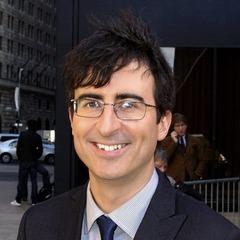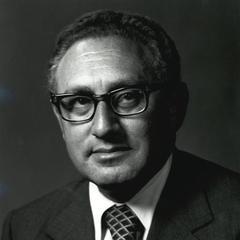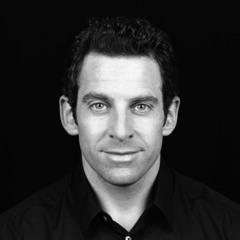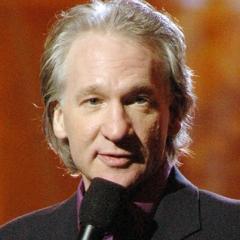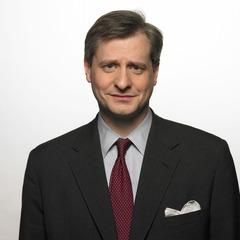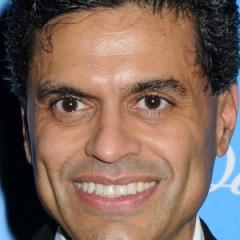Fareed Zakaria Quotes - Page 2
Quotes about:-
-
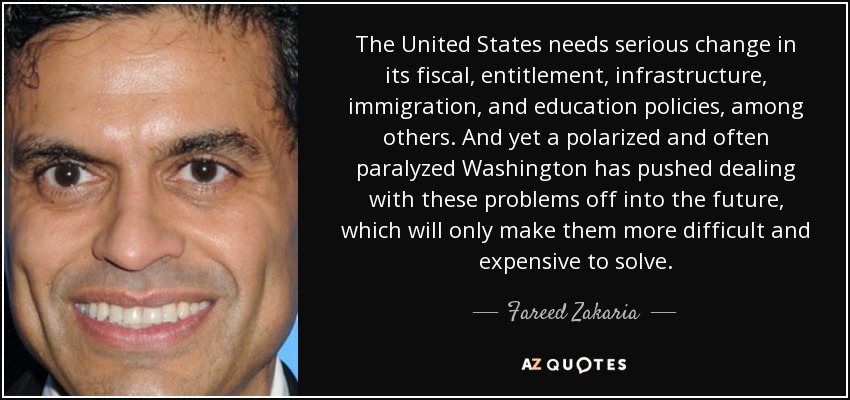 The United States needs serious change in its fiscal, entitlement, infrastructure, immigration, and education policies, among others. And yet a polarized and often paralyzed Washington has pushed dealing with these problems off into the future, which will only make them more difficult and expensive to solve.
The United States needs serious change in its fiscal, entitlement, infrastructure, immigration, and education policies, among others. And yet a polarized and often paralyzed Washington has pushed dealing with these problems off into the future, which will only make them more difficult and expensive to solve.
-
You May Also Like:
